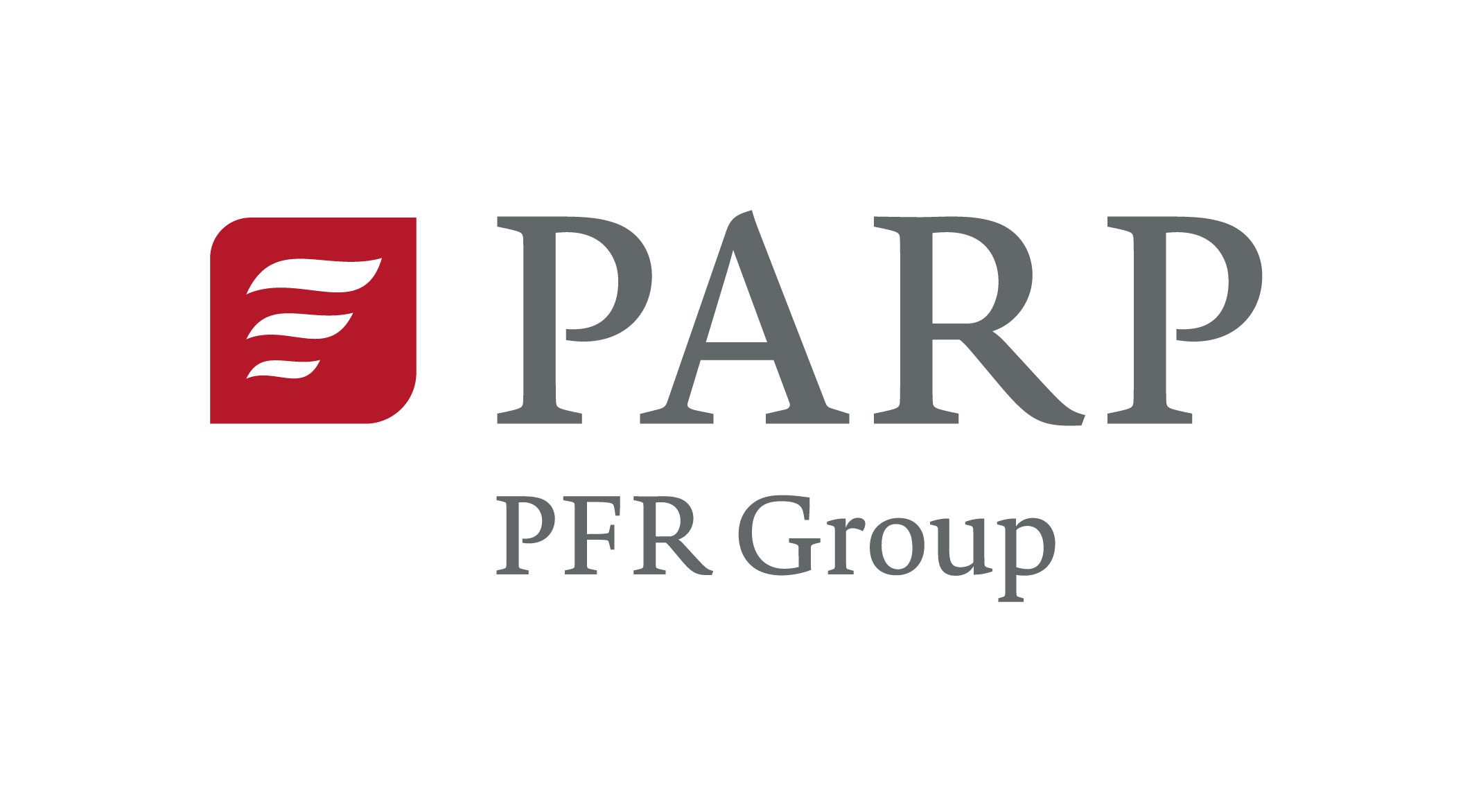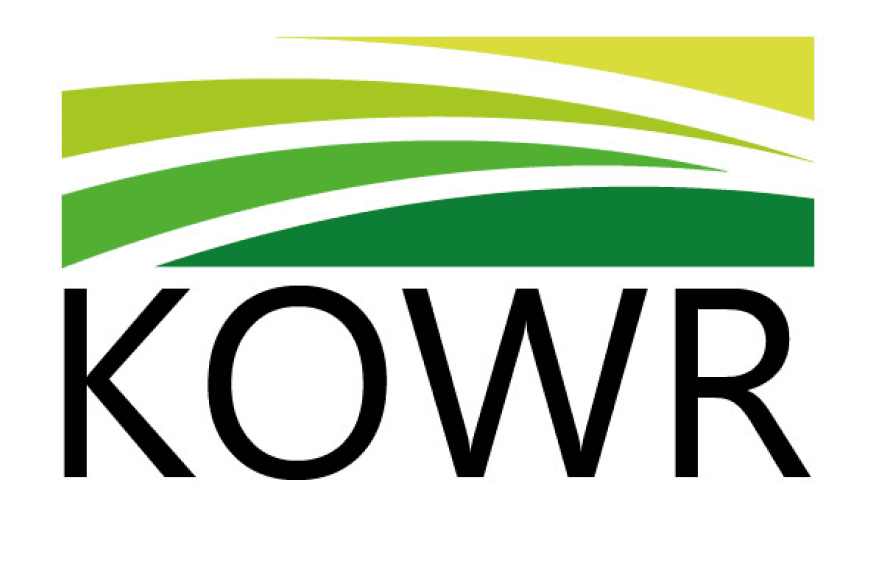Eco e-commerce
12.10.2023
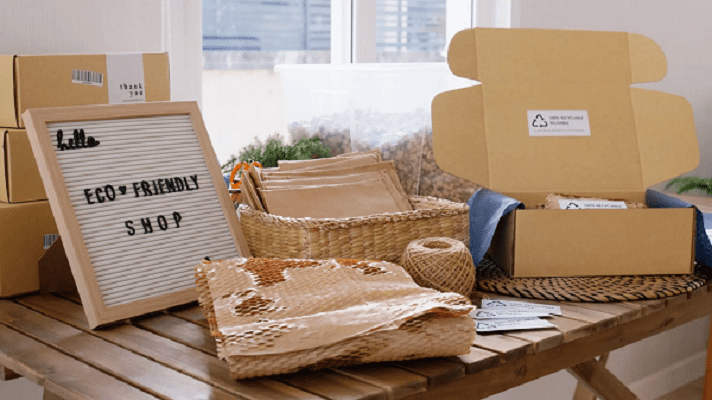
In recent years e-commerce has undergone a gigantic metamorphosis. The Covid-19 pandemic caused Poles to switch to the net for their purchases – as many as 90% of Internet users buy online. Does ecology matter to them? What should be done in order to make e-commerce more eco-friendly?
Understanding environmental issues and setting sustainable standards poses a real challenge for business. Reducing negative impact on the environment is one of the greatest challenges facing humanity. In a study conducted by the Mobile Institute, over 85% of respondents notice environmental risks associated with e-commerce.
The most common non-ecological practices of e-shops
Non-ecological practices of e-shops indicated by the respondents
Therefore, what should be done to make a company operating in the net perceived as environmentally friendly?
Packaging
Undoubtedly, the weak point of Polish e-commerce is packaging. It turns out that 61% of consumers pay attention to how products are packed. The biggest problem is the use of plastic packaging, the ratio of package size to product dimensions and the use of too many fillers. Research by scientists from the MIT Real Estate Innovation Lab shows that the biggest “polluter” in e-commerce is the not delivery but packaging – it generates 45 percent of all e-commerce greenhouse gas emissions.
Ecological packaging should be used in every company that wants to build its image as an environmentally friendly company.
According to the “Responsible E-commerce” report, in 2022 28% of respondents declared that they would be willing to pay more for a product if it was delivered in ecological packaging. The maximum amount they are prepared to spend on eco-packaging is PLN 5 (€ 1.13).
How to increase the environmental efficiency of packaging?
There are a number of possibilities that will make your business greener:
- Eliminate or reduce the use of non-biodegradable materials such as plastics or foams.
As many as 51% of Poles believe that the most important step that the packaging industry should take is the production of reusable, recyclable or biodegradable packaging. 47% of respondents were in favour of replacing plastic packaging with packaging made of other environmentally friendly materials.
- Use of responsibly produced packaging, which is produced using as few natural resources as possible.
Companies offering packaging made of plant material, compostable at home and industrially, that are free of plastic, are more and more boldly entering the market. These may not be low-budget solutions, but with the development of eco-awareness, more and more customers are ready to pay extra for ecological packaging.
- Choose the right package size.
43% of online shoppers find packaging, that is too large in relation to the content, very disturbing and a disincentive to purchase, while for 39% it is not a crucial factor, but a little disturbing. Only 2.5% of purchasers pay no attention to this issue.
- Inform customers about a choice of sustainable packaging or its return and recycling.
Companies that care about the environment offer their customers the possibility of shipping goods in a reusable carboard box (e.g. the return of a folded cardboard box to a parcel locker, which is reused after disinfection) or in a returnable carton (a special design, which also uses tape which does not damage the package when removed, with additional adhesive tape attached, for re-closing).
Delivery
In addition to packaging, the delivery of goods is another area of ecological e-commerce, where consumers are ready to cooperate with the sellers. Almost every fourth Pole would agree to wait longer for their order if it reduced the carbon footprint. More and more online buyers are now choosing delivery to a parcel locker. This is the most ecological solution, as the goods are collected, when the purchaser is “passing by”, without generating an additional carbon footprint.
How to optimise delivery ecologically?
- Give the customer the option of personal collection.
- Enable order consolidation and set a minimum price for free shipping.
- Establish cooperation with logistics and transport companies that engage in activities that reduce the harmful impact on the environment.
- Provide customers with the opportunity to choose between courier and delivery to a parcel locker or a dedicated collection point.
Returns
As many as 39% of consumers are aware of the fact that returns in e-commerce have a negative impact on the environment. And we send a lot back, as every year we buy more and more online. More than half of all customers have returned goods at least once. Every second respondent in the 14 to 29 years age group admits that they orders goods with the intention of sending them back. The largest scale of returns obviously affects the fashion industry.
In France, a landmark decision was the introduction of an anti-waste law, prohibiting companies from destroying unsold or returned goods. Such solutions were practiced by luxury fashion houses, which, for fear of damaging their image, did not decide to re-place the returned goods to the shelves.
What can be done to make returns more ecological?
- Develop a sensible return policy that makes it clear that you support responsible and sustainable shopping – nearly 70% of online shoppers claim that they familiarize themselves with the companies returns policy before they even start shopping.
- Educate customers about the consequences of unlimited returns – make shoppers aware that unlimited returns generate a carbon footprint. 56% of Polish Internet users admit that they have returned goods bought online, of which 47% have done this once or a few time times, while 9% – many times. On average, every Pole emits about 8 tons of CO2 per year, which means that there is still a lot to be done.
- Reduce the price of non-refundable products or give the customer a choice: the possibility of returning a product or not accepting a return in exchange for a discount. In some industries (such as fashion) it will be difficult for the customer to give up the possibility of making returns, but there are a number of sectors where a discount in exchange for the lack of the possibility of returning goods will be a tempting offer.
- Take care in preparing detailed and comprehensive product descriptions and good photos. The most common reasons given for returns are, the wrong choice of size and the lack of a detailed description of the product, as a result of which the customer receives a product that has little resemblance to the photo.
Digital documentation
An ecological e-shop does not use paper for keeping its records. All invoices, proof of purchase, return forms are sent in electronic form.
Ecology as a benefit for e-business
100% of the e-companies surveyed indicated that they benefit from doing business responsibly. Most often these benefits are to do with image, this was the answer indicated in the first place by 90% of companies. In second place were strategic and development benefits for the brand, followed by economic benefits.
Impact of legislation on e-commerce
In the European Union, 26 million tonnes of plastic waste are generated annually. Since 2021, the European Commission’s directive on banning single-use plastic has been in force. By 2030, all products made of such plastic are to be recycled. There is no doubt that such legislation will also affect the development of e-commerce. And for businesses in this segment, being eco can be a determining factor of survival and achieving a competitive advantage.
Sources:
- Polacy na e-zakupach 2021 – Santander Consumer Bank
- Green Generation 2021 – Mobile Institute
- E-commerce w Polsce 2022 – Gemius
- Odpowiedzialny e-commerce 2022 – Izba Gospodarki Elektronicznej
- Społeczeństwo Informacyjne w Polsce 2022 – GUS
- Ekobarometr – SW Research
- Przesyłki i ich zabezpieczanie podczas transportu – Air Protect System, Politan
- Everything
- News (297)
- Events (172)
- Get Support (83)
-

BOMET
Agricultural machinery and parts thereofShow allShow more Show lessBomet is a leading Polish manufacturer of agricultural machines with over 30 years of experience. It specializes in machines for soil preparation before and after harvesting, sowing, growing and harvesting vegetables. In order to maintain the high standard of offered machines, the company cooperates with the best manufacturers of steel and operational elements from renowned companies. The Bomet brand is recognized on many European and world markets and highly appreciated by Polish farmers.

GLOBCARGO Mariusz Dołęga
Transport and courier servicesShow allShow more Show lessGlobCargo sp. z o.o., headquartered in Gdańsk, provides comprehensive road transport and freight forwarding services across Poland and the entire European Union. We handle FTL and LTL shipments, ensuring full process coordination and documentation support. Our modern Euro 6 fleet includes walking floor, curtain-sided, tipper, and refrigerated (reefer) trailers. With GPS tracking, we operate transparently and on time, effectively supporting both SMEs and large enterprises.
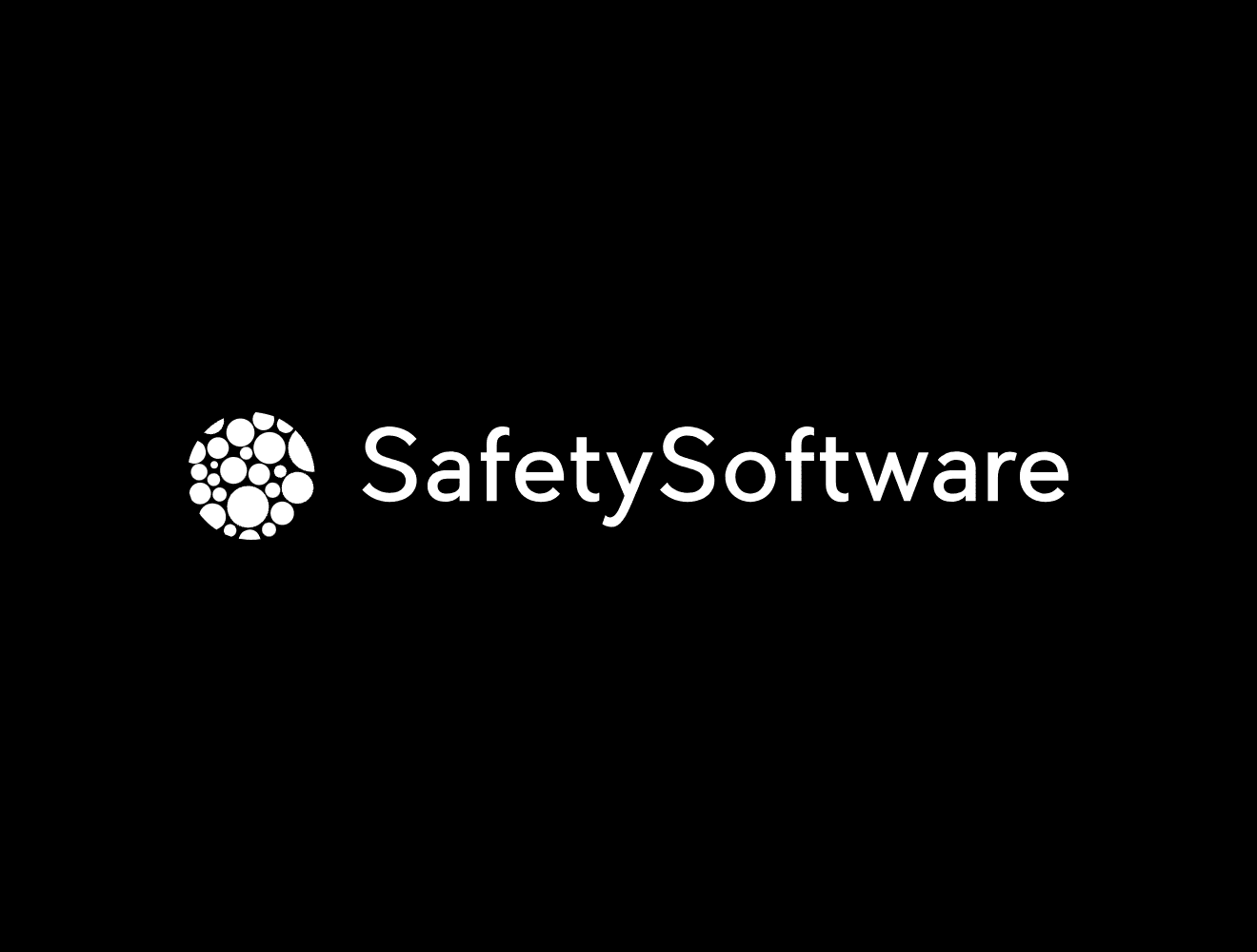
SAFETY SOFTWARE SPÓŁKA Z OGRANICZONĄ ODPOWIEDZIALNOŚCIĄ
Show more Show lessSafety Software is a Polish technology company developing advanced SaaS tools for machine safety, CE conformity and industrial risk assessment. Our platform helps manufacturers, integrators and notified bodies manage risk evaluations, audits and technical documentation in line with EU Machinery Regulation 2023/1230 and EN ISO 12100. We export digital compliance solutions and expert support for safe machine design across the EU market.
-
 Article
ArticleFrom Brexit to a boom – how Polish food exporters are doing in the UK
An absorbent, competitive and still rich market
 Article
ArticleEconomic slowdown in Europe weakens the inflow of investments to Poland
Today we are a leader
-
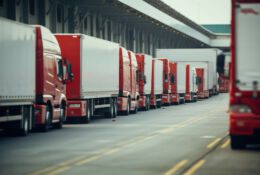 Event
EventPolish Logistics Day
The Embassy of the Republic of Poland in Prague cordially invites you to participate in the “Polish …
 Event
Event3rd International African Congress
The Congress will take place in Toruń (Poland) on February 25-27, 2026
-
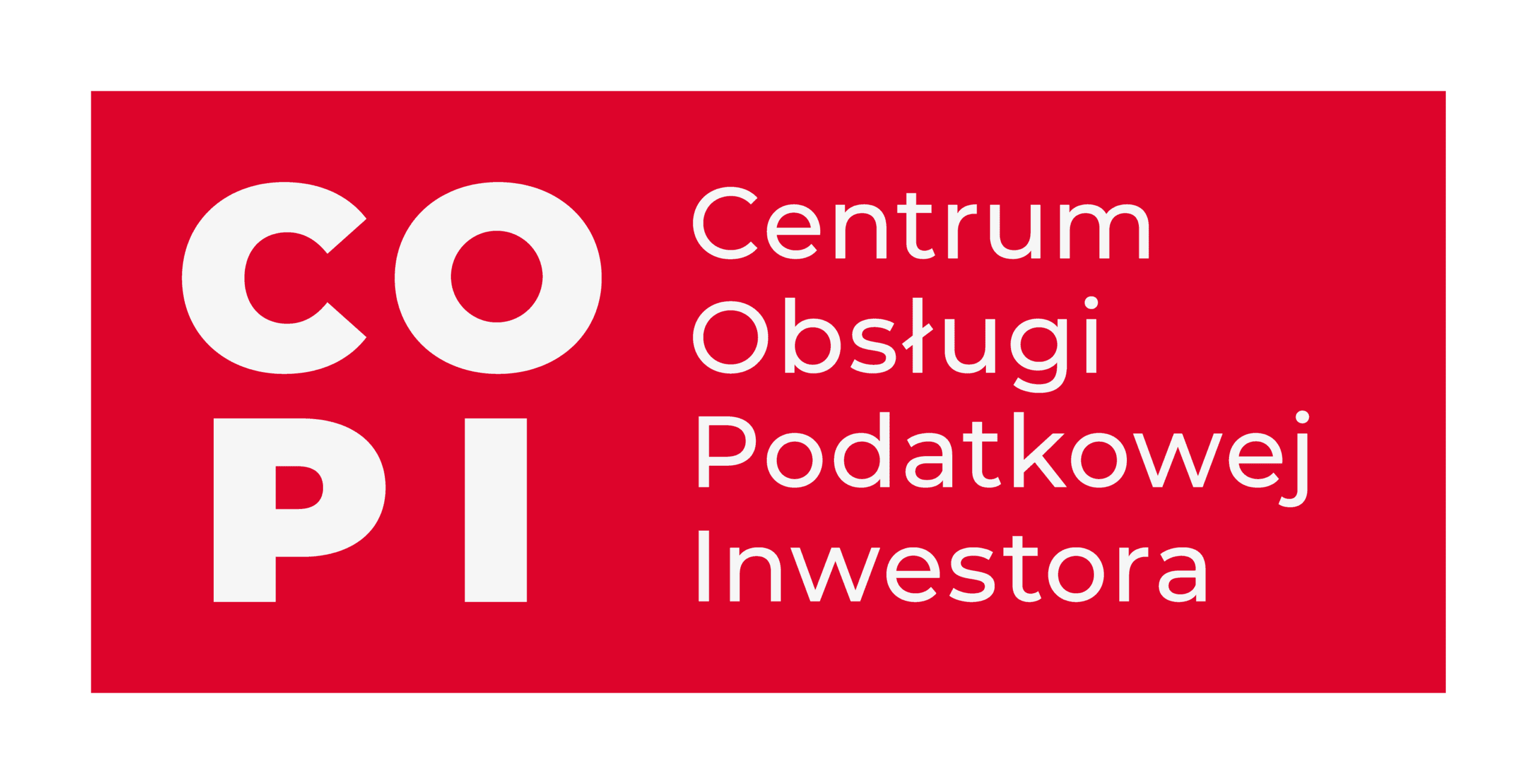 Institution
InstitutionThe Investor Tax Service Center
The Investor Tax Service Center is a unit operating within the Ministry of Finance
 Institution
InstitutionPolish Investment and Trade Agency (PAIH)
The Polish Investment and Trade Agency (PAIH) is the partner of first-resort for entrepreneurs when …
The Export Promotion Portal uses cookies to make it easier for users to use the website and for statistical purposes. If you do not block these files, you agree to their use and saving in the memory of your computer or other device. Remember that you can change your browser settings to block the storage of cookies. More information can be found in Privacy Policy and Terms and conditions.




